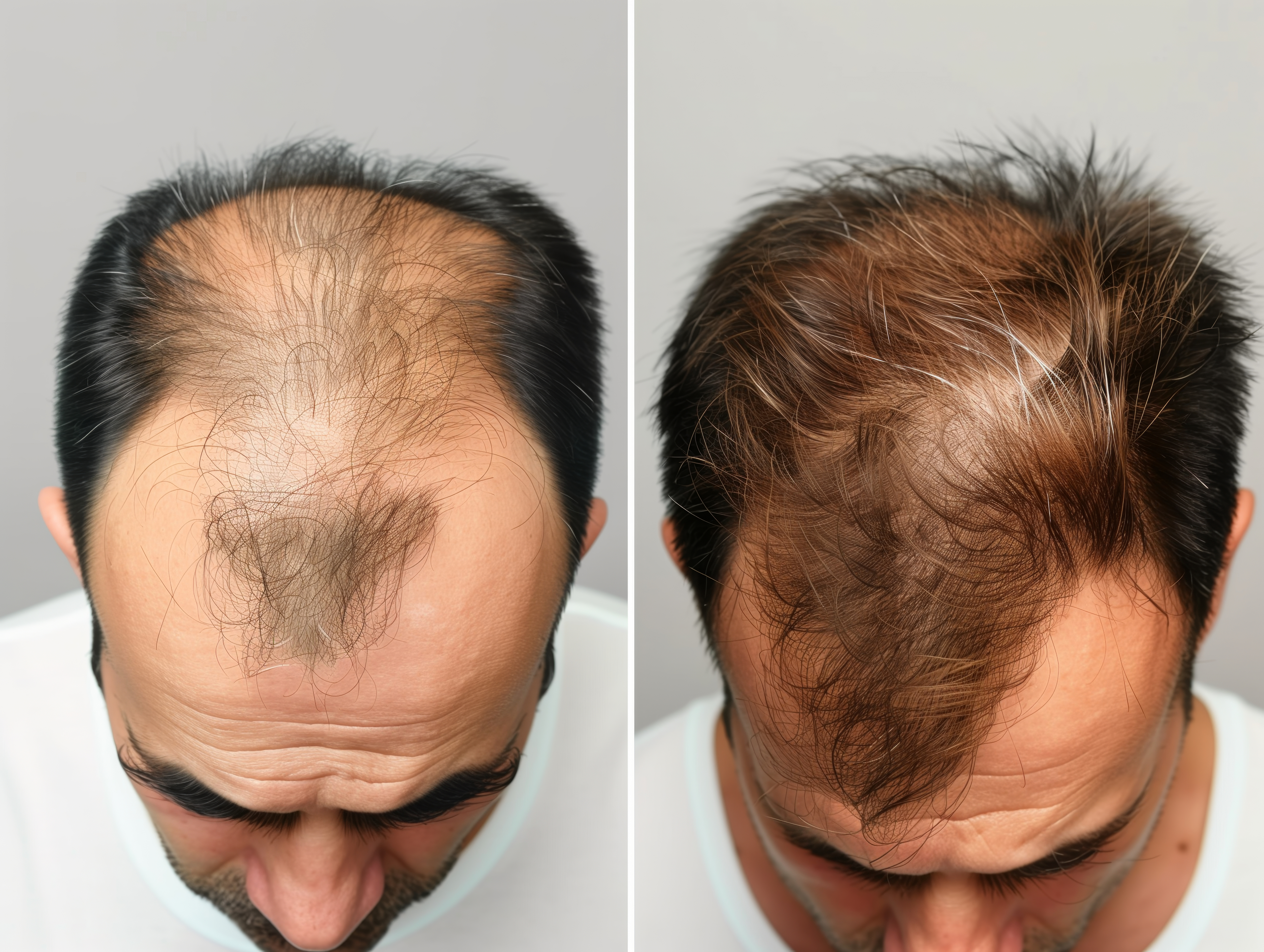Trying to conceive is a life-changing experience. It’s exciting, sometimes nerve-wracking, and often filled with anticipation. While some couples get pregnant quickly, others need to make a few changes before things fall into place. If you're looking to boost your chances, it’s not just about timing—it’s about preparing your body for the healthiest pregnancy possible.
Start with Food: The Fuel for Fertility
What you eat plays a big role in reproductive health. Whole, unprocessed foods provide the nutrients your body needs to function optimally. Load your plate with fresh vegetables, high-quality proteins, and healthy fats. Omega-3 fatty acids—found in fish, nuts, and seeds—help regulate hormones. Leafy greens, beans, and citrus fruits offer folate, which is crucial in early pregnancy.
Cut back on processed sugar and refined carbohydrates. These cause blood sugar spikes, which can throw hormone levels off balance. Men should also watch their diet since sperm quality is directly linked to nutrition. Antioxidant-rich foods like berries, tomatoes, and dark chocolate support healthy sperm production.
Watch Your Weight—But Not Just for Looks
Being either underweight or overweight can make conception harder. Excess body fat can lead to insulin resistance, which disrupts ovulation. On the other hand, being too thin may cause irregular menstrual cycles.
For men, carrying extra weight affects testosterone and lowers sperm count. A balanced approach to fitness helps both partners. Focus on a mix of strength training, cardiovascular exercise, and flexibility work. Consistency matters more than intensity. Extreme workouts can actually backfire, raising cortisol levels and reducing fertility.
Ditch the Toxins
Your body is constantly processing what you put in it—and that includes chemicals from food, personal care products, and the environment. Reduce exposure to plastics containing BPA, which mimics estrogen and can throw off hormone balance. Switch to glass or stainless steel for food storage and choose organic produce when possible.
Alcohol and smoking? Both lower fertility. Women who drink regularly have a harder time getting pregnant, and men who smoke tend to have sluggish sperm. Caffeine is trickier. While one cup of coffee a day is usually fine, excessive caffeine intake has been linked to miscarriage risk. Moderation is key.
Get Your Hormones in Check
Hormonal imbalances are a common roadblock. If you’re struggling to conceive, checking thyroid function and reproductive hormones can provide answers. Issues like polycystic ovary syndrome (PCOS) or low progesterone levels may require medical support.
Men also need balanced hormones. Low testosterone and high estrogen levels can interfere with sperm production. Stress management plays a role here too. Chronic stress raises cortisol, which competes with sex hormones.
Prioritize Sleep and Stress Reduction
Lack of sleep messes with hormones and metabolism. Aim for seven to nine hours of quality rest each night. Sleep deprivation can reduce sperm count in men and affect ovulation in women.
Managing stress is just as important. High stress levels increase prolactin, a hormone that can suppress ovulation. Find ways to unwind, whether that’s through meditation, spending time outdoors, or simply setting boundaries at work.
Supplements: Not a Replacement, But a Boost
A good prenatal vitamin is a smart starting point. Women should take one with folic acid to prevent neural tube defects. Vitamin D, often low in people who don’t get enough sunlight, supports fertility in both men and women.
Zinc, CoQ10, and selenium improve sperm health, while inositol helps women with PCOS regulate cycles. Omega-3 supplements are useful if you don’t eat much fish. Always check with a doctor before starting anything new.
Timing and Tracking
Understanding your cycle makes a big difference. Ovulation predictor kits, basal body temperature tracking, and cervical mucus monitoring all help pinpoint your most fertile days. Aim to have sex every couple of days throughout your cycle, rather than only on ovulation day. Sperm can survive in the female body for up to five days, so a well-timed approach increases your chances.
The Male Factor: More Than Just Sperm Count
It’s easy to focus on women’s health, but fertility is a two-person equation. Men should prioritize zinc-rich foods, stay active, and keep laptops and cell phones away from their laps. Heat can damage sperm, so avoid frequent hot tub sessions.
If sperm quality is a concern, a semen analysis can provide insight. Simple lifestyle tweaks like better sleep, balanced nutrition, and cutting back on alcohol often improve results.
When to Seek Help
If you’ve been trying for a year (or six months if you’re over 35), consider seeing a fertility specialist. There could be underlying medical conditions that need attention. The good news? Many couples conceive with a combination of lifestyle changes and medical support.
Final Thoughts
Making these changes doesn’t guarantee pregnancy, but they create the best conditions for success. Small, daily habits add up over time. Whether it’s swapping out processed snacks for nutrient-dense options, making sleep a priority, or reducing stress, each step moves you closer to your goal.
Getting pregnant is part science, part mystery, and a whole lot of patience. Give your body the best possible chance, and you may find the results you’re hoping for.
If you need expert guidance or medical support on your fertility journey, Healing Travel offers world-class IVF and fertility treatments in Serbia, Croatia, Turkey, Israel, and Albania. With over 15 years of experience, we connect you with top specialists and advanced reproductive technologies to help you achieve your dream of parenthood. Contact us today to learn more about our personalized fertility solutions.






תגובות
📈 Message; Sending 1,140540 Btc. Withdraw => Https://Graph.Org/Message 17856 03 25?Hs=9deae36442b016252f5816599daae0c1& 📈
2025-04-20j83st5
הוסף תגובה